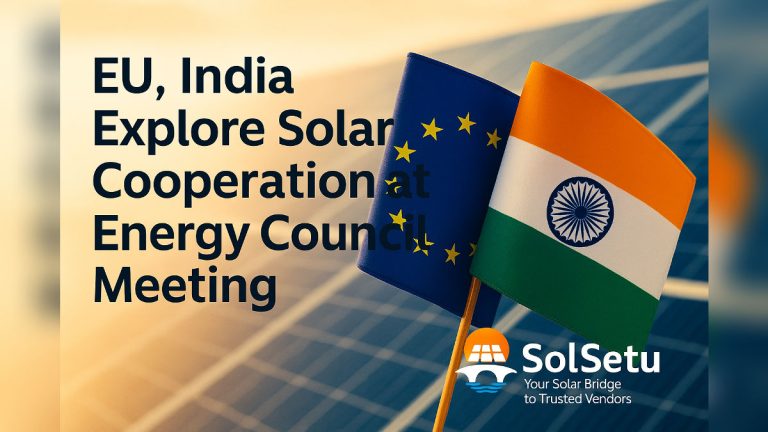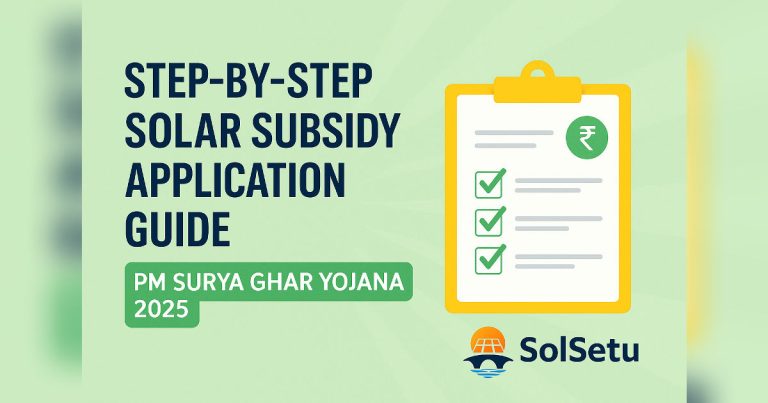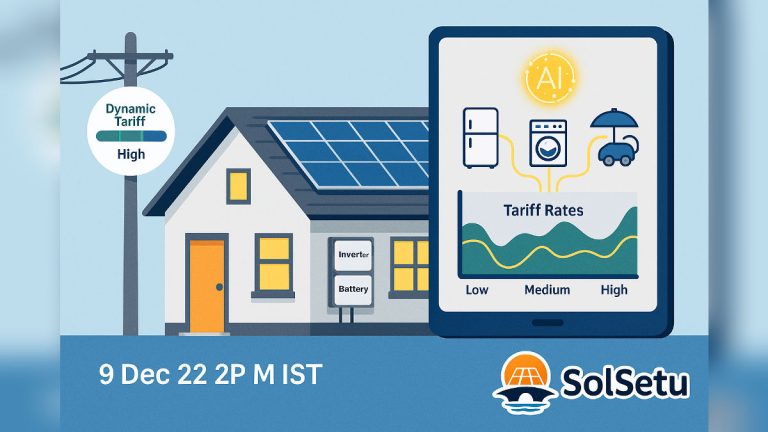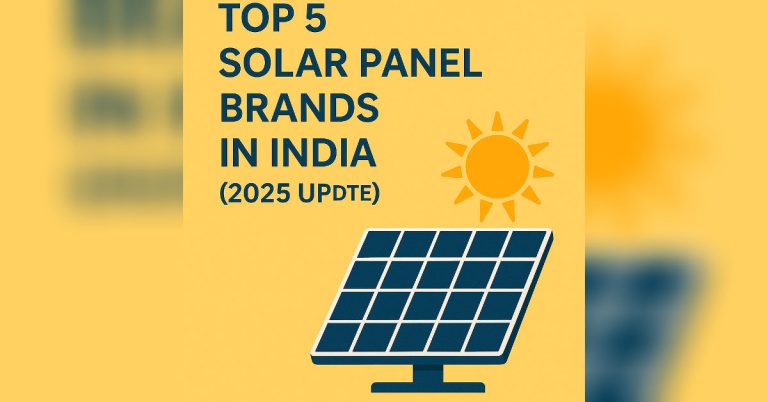Blockchain P2P Trading — A Model for Renewable Energy in Informal Settlements — SolSetu
Blockchain P2P Trading — A Model for Renewable Energy in Informal Settlements
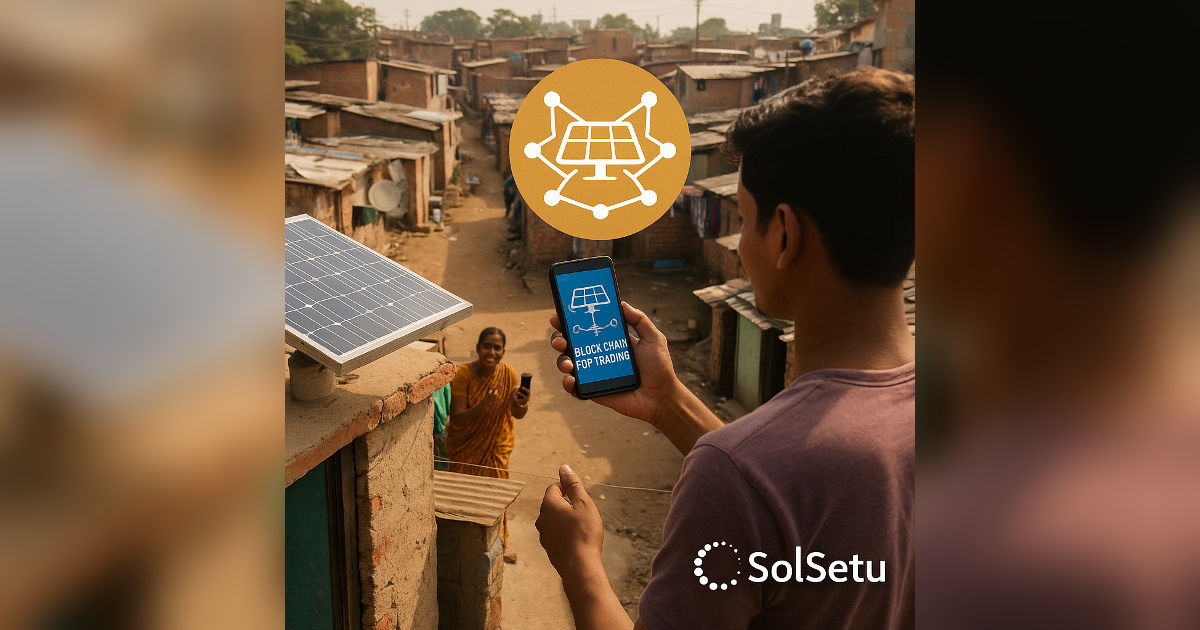
Overview: Peer-to-peer (P2P) energy trading, powered by blockchain, could radically improve energy equity in India’s informal settlements. Instead of waiting for central grid expansion, communities can directly exchange surplus solar power across local microgrids—transparent, low-cost and resilient.
Many low-income urban clusters already have rooftops suitable for solar but lack ownership proof and grid connectivity. Blockchain-based systems can log energy production and transfers securely, letting residents sell or share surplus power within their community using prepaid tokens or mobile wallets.
How the P2P model works
Households with rooftop panels register energy generation on a lightweight blockchain ledger. Smart meters track energy flows, converting each kilowatt-hour into a digital credit. Neighbours can buy energy through a local microgrid cooperative, paying via mobile app or digital rupee tokens.
“A human-first P2P design emphasizes trust, simplicity, and local governance—technology supports it, not the other way around.”
Unlike heavy cryptocurrency networks, community energy ledgers use low-energy consensus protocols and occasional off-chain settlements. Local NGOs or micro-utilities manage member verification and maintain the hardware layer.
Benefits and challenges
- Access: Brings affordable power to settlements outside the main grid footprint.
- Transparency: Every transaction is auditable, preventing disputes.
- Empowerment: Encourages energy entrepreneurship within communities.
- Challenges: Need for digital literacy, mobile access, and a supportive regulatory sandbox for community energy trading.
India’s opportunity
Several Indian states, including Gujarat and Delhi, are exploring distributed energy regulations that could make such P2P energy sharing legal under a sandbox framework. Startups and research teams are already running controlled blockchain energy pilots in peri-urban zones.
SolSetu Insight: The biggest success factor isn’t the blockchain code—it’s the social fabric. A well-structured community energy cooperative with shared maintenance duties ensures both technical uptime and trust-based energy exchange.

